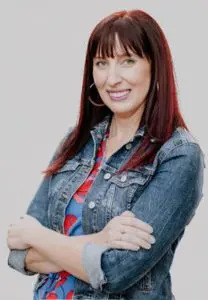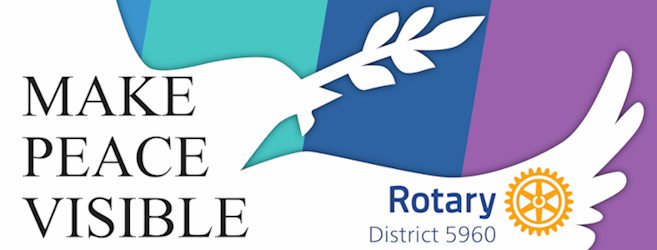--
--
Homelessness in Schools


Melissa Winship
Melissa Winship is a Licensed School Counselor and a Board Certified (BCC) Life Coach. Melissa worked for 10 years in Intermediate District 287 as a School Counselor at an ALC, and currently works as the Homeless/Highly Mobile School Counselor with Minneapolis Public Schools. In 2021, Melissa started her own life coaching business - Melissa Winship, Life Coach LLC.
As an educator, Melissa found that practicing true, authentic self-care was often put on the backburner, but as helpers, we MUST take care of ourselves, which is why she specializes in supporting educators who are looking to take a deep dive into self-care, and who are looking to once again find joy in their lives and careers.
Melissa has a BS in Human Development from SUNY Empire State College, an MA in School Counseling & Psychotherapy from Adler Graduate School, and she completed the Board-Certified Coach Training from the Institute for Life Coach Training and received her BCC (Board Certified Coach) credential from the Center for Credentialing & Education.
Melissa Winship
Licensed School Counselor
Board Certified Life Coach
—
Ending Human Trafficking

Melissa Winship
Melissa Winship is a Licensed School Counselor and a Board Certified (BCC) Life Coach. Melissa worked for 10 years in Intermediate District 287 as a School Counselor at an ALC, and currently works as the Homeless/Highly Mobile School Counselor with Minneapolis Public Schools. In 2021, Melissa started her own life coaching business - Melissa Winship, Life Coach LLC.
As an educator, Melissa found that practicing true, authentic self-care was often put on the backburner, but as helpers, we MUST take care of ourselves, which is why she specializes in supporting educators who are looking to take a deep dive into self-care, and who are looking to once again find joy in their lives and careers.
Melissa has a BS in Human Development from SUNY Empire State College, an MA in School Counseling & Psychotherapy from Adler Graduate School, and she completed the Board-Certified Coach Training from the Institute for Life Coach Training and received her BCC (Board Certified Coach) credential from the Center for Credentialing & Education.
Al Zdrazil
Rotary District 5960 EHT Team
—

